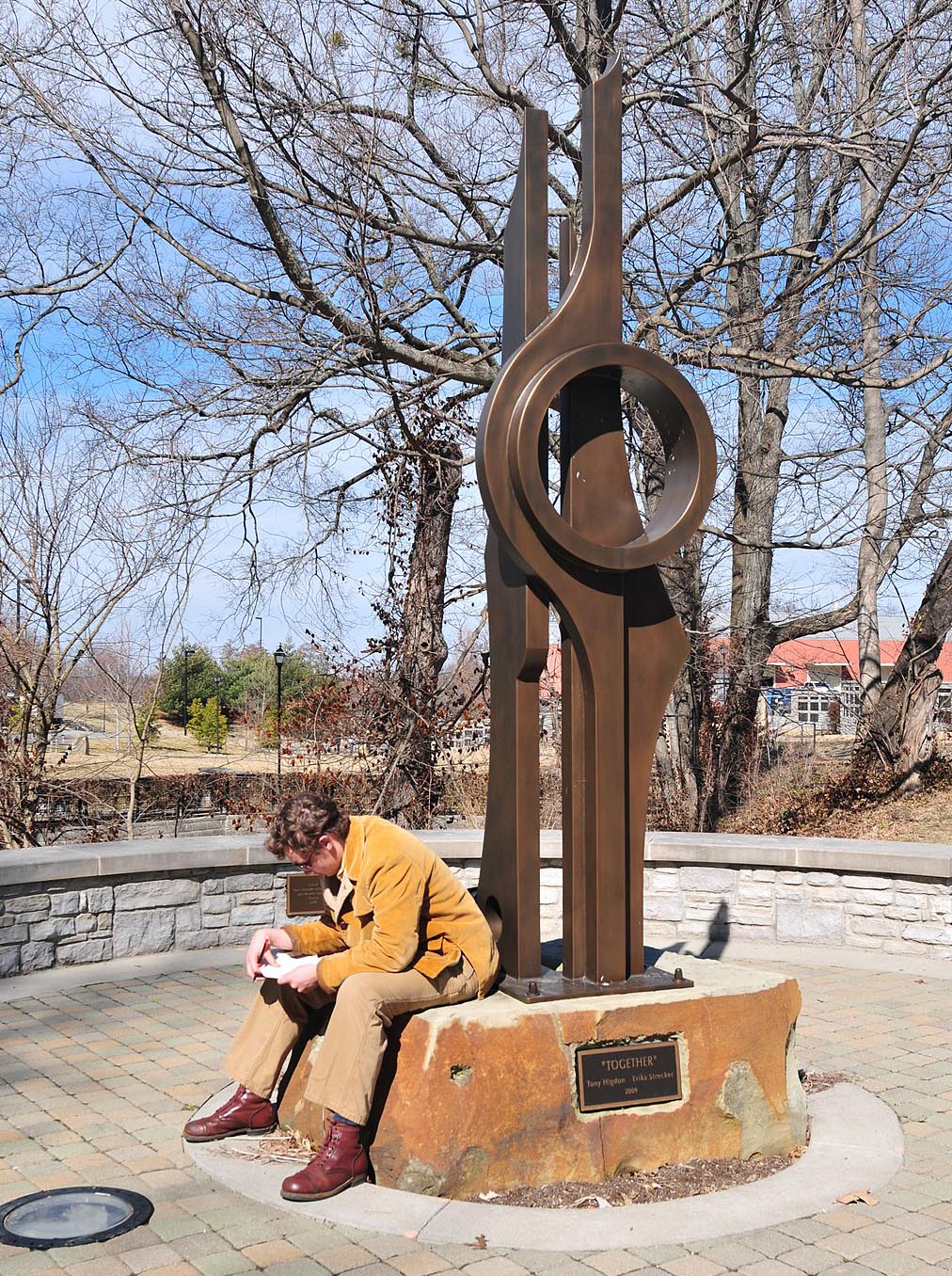Teaching Tolerance in a Time of Trump sounds like a short-course a firebrand professor might offer, though I mean it in a more comprehensive way than one might imagine. While the firebrand prof and I would no doubt agree on the necessity of teaching tolerance in a time of Trump, we would disagree on whether, and to what degree, that tolerance should extend to the conservative students in the student body. If educators are truly to live out the values of liberal education, I say it must.
I once shared a ride to work with a talented scholar who took pride in making his more conflict-adverse students cry in class. He was an otherwise worldly soul who, like many confrontational educators, viewed it as his purview to trouble or at least unsettle the very students his own front-facing politics had led him to conclude were too comfortable and complacent.
Perhaps because I’ve never viewed the classroom as place for a pedagogue to willfully incite students to tears of shame and frustration, the scholar’s good-natured anecdotes of class waterworks rubbed me the wrong way. And I wish now that I had had the courage to tell him so. I don’t believe that cultivated interpersonal and ideological conflicts used for rhetorical, personal, or pedagogical gain are legitimate seedbeds for learning. I believe that a responsive and responsible teacher or professor should endeavor to keep their personal politics out of the classroom.
A free-thinker and political polyglot, I’ve often disagreed with President Trump in the national news media and, very occasionally, agreed with him. Likewise, in the classroom I want to welcome a variety of political views manifest in any thought-diverse student body. Just as we universally acknowledge the need to respect student religious views in an accepting educative environment, we should respect their political views as well, even when (and perhaps especially when) they do not match our own. As would-be mentors teachers should model open-minded inquiry, finding common ground and common cause with students of diverse political faiths. Genuinely honoring political pluralism helps us heal, helping to prevent the pent-up, pernicious violence and potential horror of the next Charlottesville.
An apolitical learning environment may indeed be a pipedream or even an existential threat to academic freedom, but a politically respectful one surely is not. Yes, in theory academic freedom allows educators to ridicule the sitting president or his politics, but a healthy respect for conservative, populist, or simply patriotic students dictates they should not.
In other words, just because teachers have the power to make their students cry out of frustration or embarrassment, doesn’t mean they should.













Thomas Jefferson said: “In a free society, I must grant my neighbor the right to be wrong.”
Wrong is a state of irrationality or ignorance — in either case, the problem response is debate. Today’s Leftists believe not that conservatives are wrong, but that conservatives are evil. You don’t debate evil; you exorcise it.
Leftists professors are merely applying a basic maxim: secular-liberal thought is the highest moral good, so dissenting views (pro-life, pro-family, Christian, etc…) must be morally inferior, and demonstrably inferior views need not be refuted, only silenced.
That’s the philosophical basis for speaker shout-downs, for anti-fa violence, and for professors who deny tenure to conservative colleagues and make conservative students cry.
Clearly, academic freedom cannot include the right to spout evil.
Comments are closed.